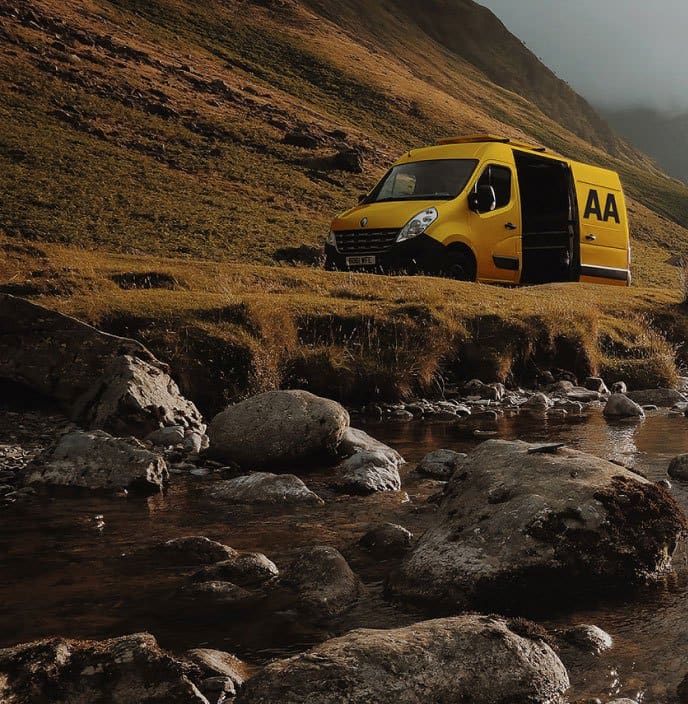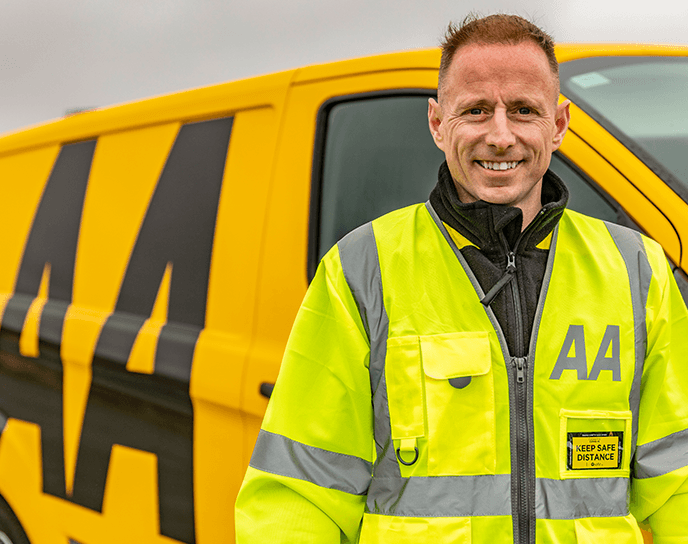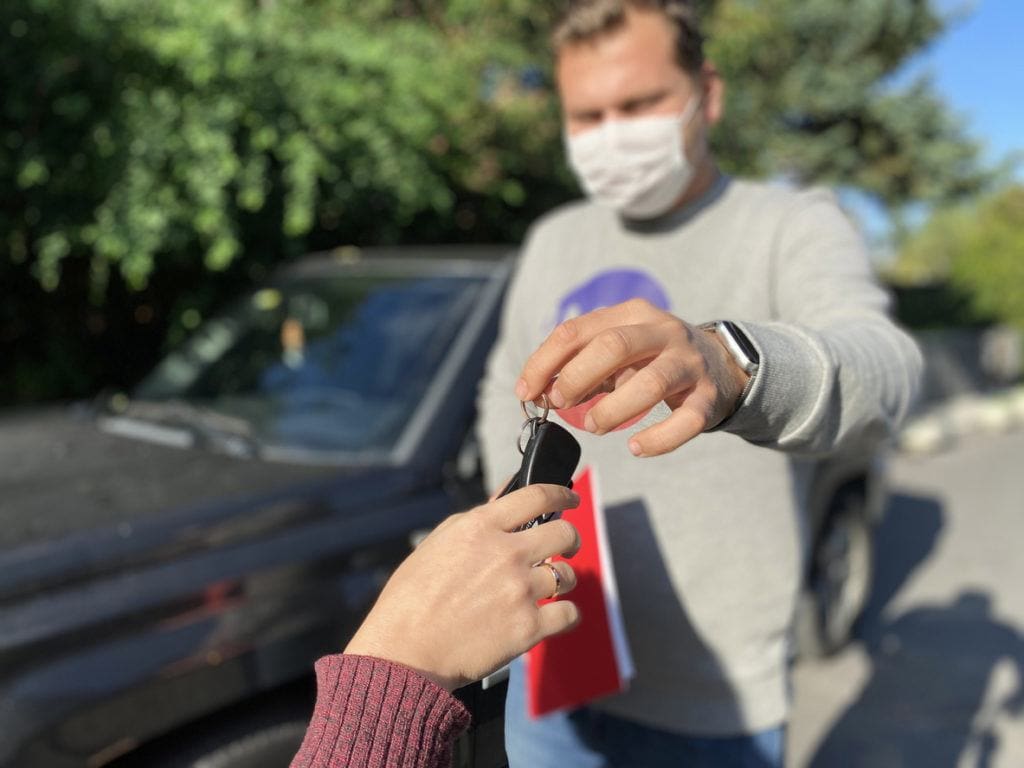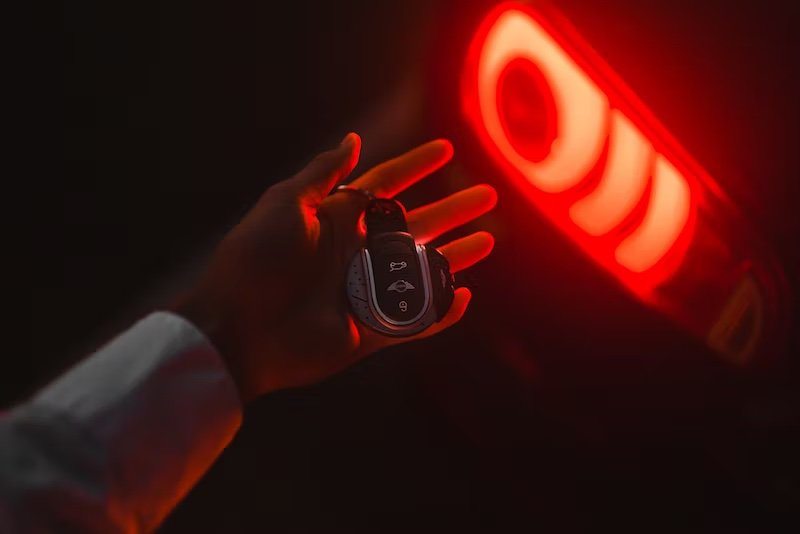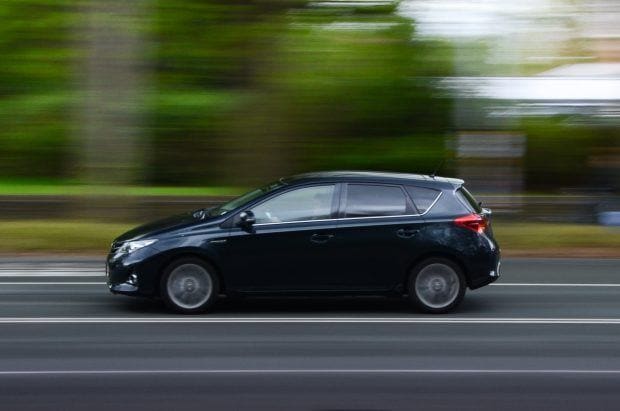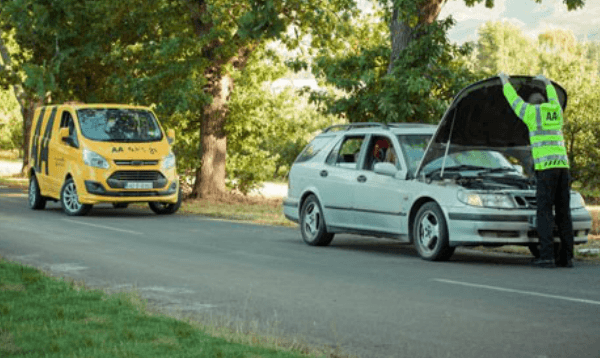Buying a used car is tricky enough without running the risk of purchasing a vehicle with outstanding finance. Paddy Comyn examines the pitfalls of not doing the right checks.
Buying a used car can be fraught with difficulties. Whatever about picking the right car, dealing with private sellers or used car dealers – the worry that everything isn’t financially sound with your prospective purchase will strike fear in even the most seasoned buyer.
We spoke to Jeff Ahern, who has been helping buyers make sound used car choices with his company Cartell for more than 10 years (they also power the AA Car History Check) about the scale of the problem and what you can do to prevent slipping up.
1 in 3 cars for sale have finance owed
Recent reports in the news reported that around one-in-three cars for sale might have outstanding finance owed.
“We first got access to finance data in 2009 and we track the same number all the time, we look at 5,906 vehicles and we run the same queries, we look at what the overall level of finance is, we do that through our car history checks rather than with access to the bank data so it works.”
Ahern adds: “We look at what proportion of those are on finance, over various years and compare that to a period in time before that – to see if it’s going up or down and the trend had been up in 2006 and 2007 and then there was a general reduction during the recession, people weren’t buying cars.”
“Then in 2013, things improved and the popularity of PCP accounted for more people taking finance. There has been a change but there are a lot of people out there on finance.”
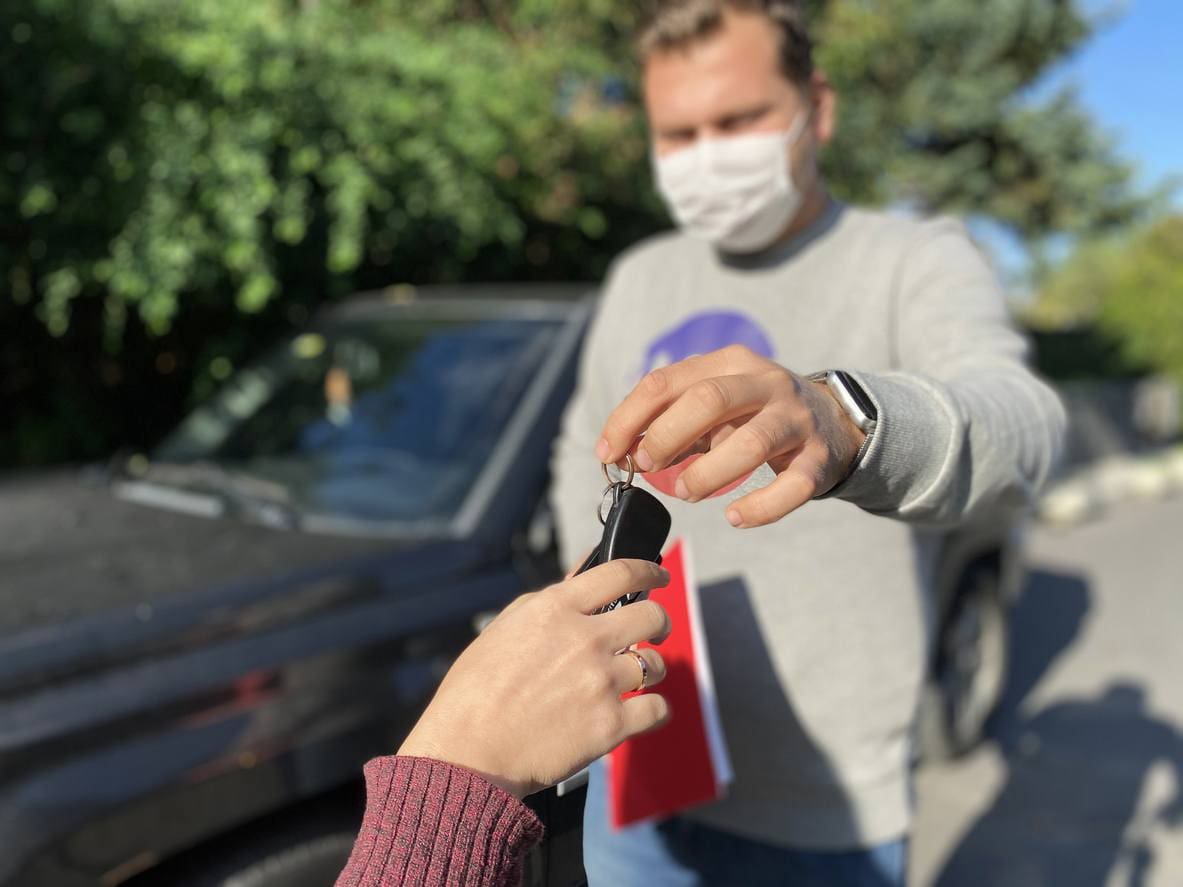
So where do people get into trouble?
Naturally, as someone who runs a company selling car history checks, Ahern backs his product, but the logic makes sense: “We always warn people, if you are buying privately you simply have to do a finance check, because if you buy a car on finance it belongs to the bank, pure and simple.”
“If you are buying a car that someone hasn’t cleared the finance on, the asset belongs to them, in theory, and it just gets very, very messy and it could get lifted from you in a public area, you could get a letter through the door on it, you could find yourself in court,” Ahern adds.
“If you are buying privately, and the person says ‘I will clear the finance’, they could be waiting for your cheque to do that, my advice is not to do that either – there are other cars out there, as that can get messy too.”
The CCPC is also a very good resource for data on how to buy a used car and they also advise on their website that you do a proper history check: “There are companies that keep records of cars subject to hire purchase and PCP agreements; check if they have details of the car you are looking at. You will be charged a small fee for this service”.
All SIMI (Society of the Irish Motor Industry) dealers have access to a car history check service and they cannot sell a car that has outstanding finance on it.
Don’t fall for the car that is cheapest
The main advice from Ahern is one that would be echoed by us here in the AA, which is that there are always other cars out there. Don’t fall for the car that is cheapest.
“There is no easy win, it just doesn’t exist – buying privately is an absolute landmine, you are not protected by legislation like the Supply of Service and Goods Act – you are going blind if you supply privately,” says Ahern.
“Do not pay cash for a car, that is another absolute beauty. You can transfer the money into their account and it’s an Irish registered account, ask to see their bank card and their driving licence – that is the kind of stuff you want to be doing, particularly when you start going north of €5,000.”
“Your saving grace around €5,000 is that it’s not likely to be still on finance, once you go over seven, eight, nine years, you could be in a position where it isn’t on finance – but of course, it depends on the value of the car. Finance houses don’t lend money on older vehicles – so your problems really start on cars less than seven, eight years old – although on some older cars that are specialist cars (Porsche, Maserati etc) you can still see finance outstanding,” Ahern adds.
Ahern also points out that just because a car is on sale in a dealership, that doesn’t always mean that the finance has been cleared: “What we’ve seen is that dealers might have a stocking account with one of the finance companies, they buy ten cars in, say at €300,000 and they are hoping to sell them with a margin, so say they are hoping to get €360,000 for these vehicles, but they have borrowed and the dealer has a short-term loan”.
“So the car is in stock, but it is on finance. We would say that the dealer has to clear the finance on it and we say don’t buy it until it’s cleared. You have to see the clear title to the car”.
We are lucky in this country with the data available to us, according to Ahern: “There are many countries in Europe where you can’t get this data. We put in a lot of hard work here and now it has paid off”.
To check the history of your used car, use the AA Car History check, powered by Cartell.


